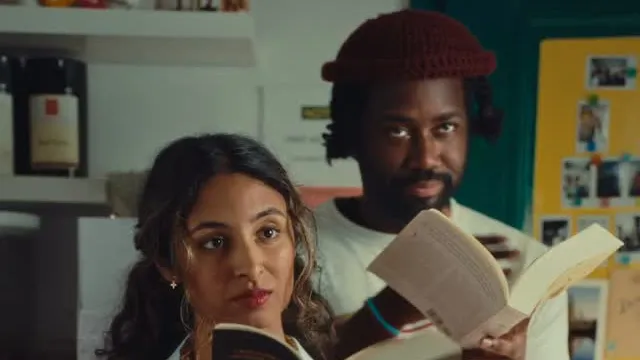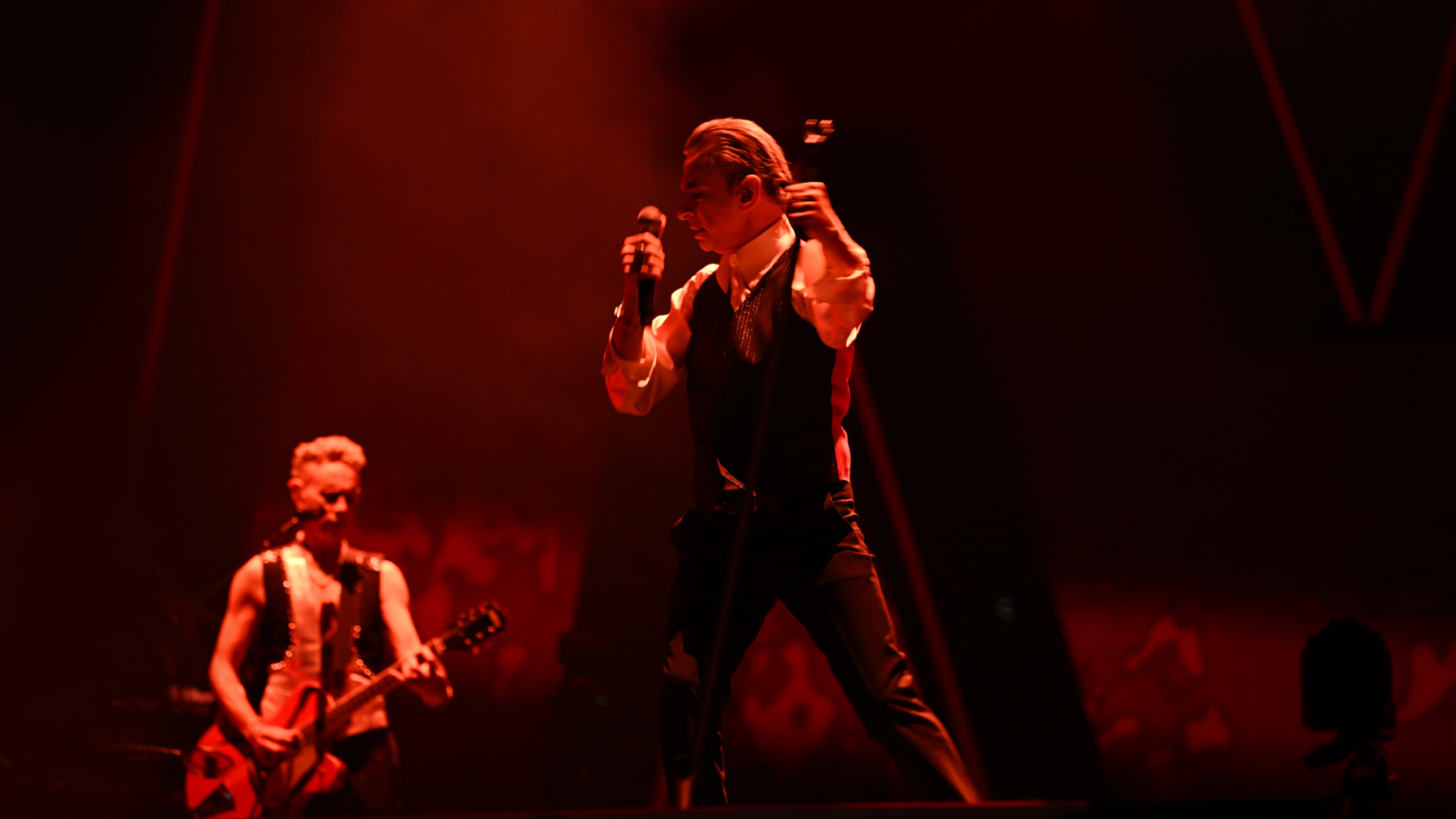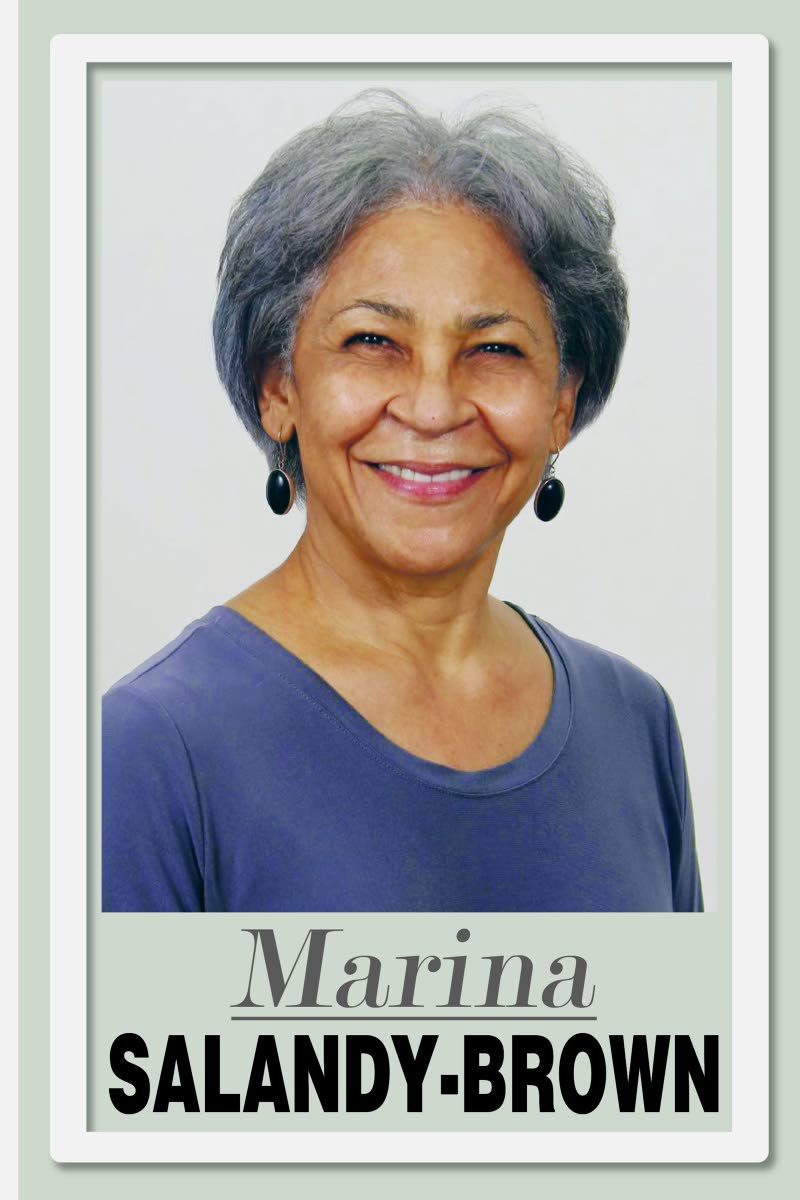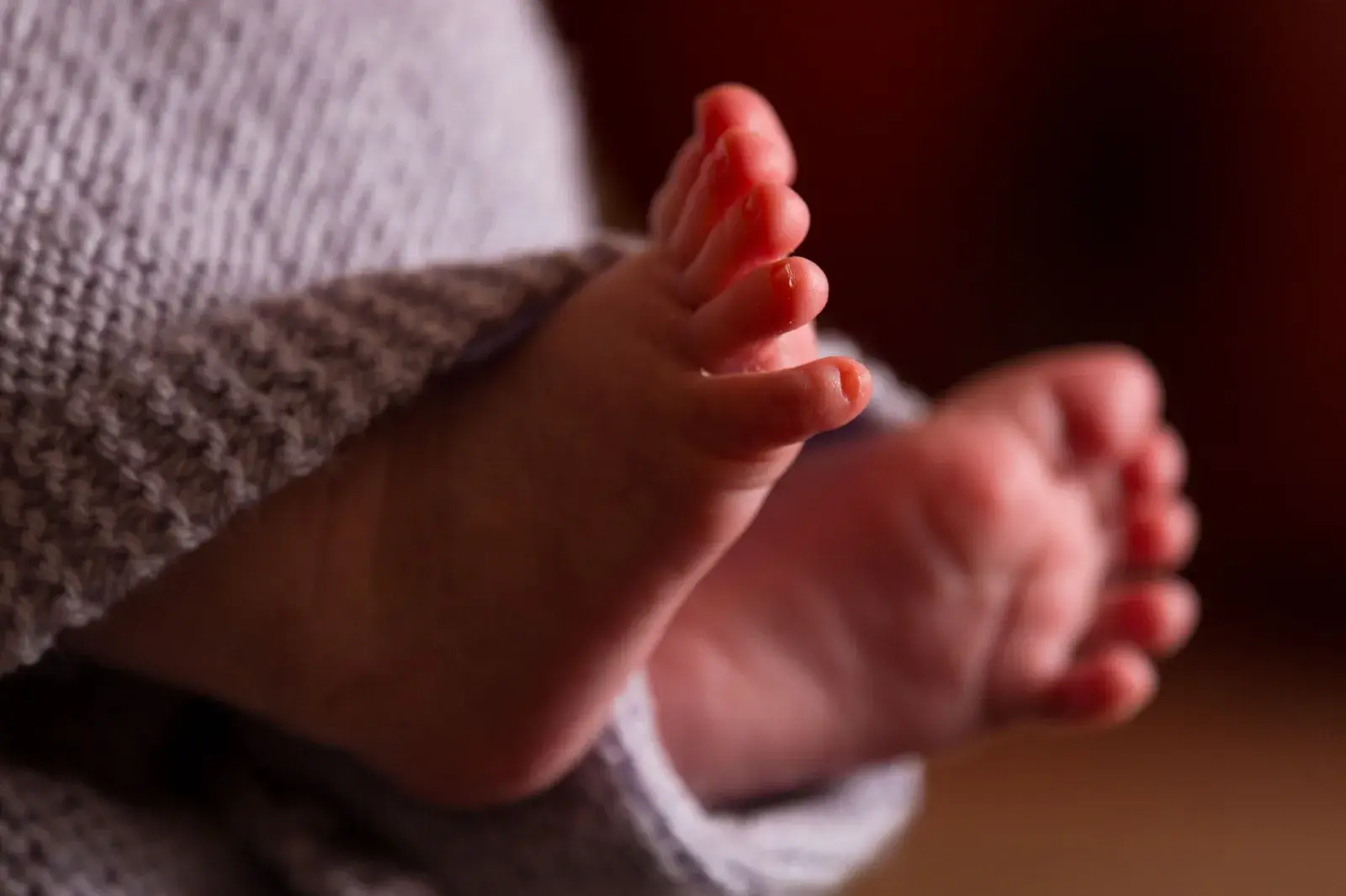Copyright vogue

Writer-actor Pooja Tripathi is used to people being afraid of her. After all, nearly 200,000 Instagram users’ first impression of her is as Thyme: the perpetually unimpressed, aggressively anti-establishment, eye-rolling barista behind the counter at the fictional Brooklyn Coffee Shop. Tripathi’s character plays into the internet stereotype of the hipster barista, a “pretentious jerk” too cool for most conversations—and most coffee orders. At BCS, you hardly ever get what you want. Thyme does not look up from her book—Can We All Be Feminists? (2018), The Protestant Ethic and the Spirit of Capitalism (1904), Resisting AI (2022) or a favourite, ‘Yass Kapital’—when you enter, and if she does, it is only to scowl at you. Her co-worker, Kale—played by Darryl Gene Daughtry Jr—constantly makes jokes at your expense. The prices are outrageous, timings entirely random and the space dimly lit to prevent photography (as an act of rebellion against the surveillance state). Forget about your basic black coffees and cappuccinos. Brooklyn Coffee Shop only serves intricate drinks with substitute milks: raw-avocado-pit, barley, flax, melon-seed, acorn and, of course, breast milk. (If their in-house goat Felicia isn’t too emotionally exhausted, goat milk is also an option.) Being a customer here is harrowing, but to be a barista, there is only one requirement: to have mastered “the glare of disgust”. “When DJ and I are out and about, sometimes people will say they didn’t recognise us at first because we’re smiling and they’re so used to seeing us scary and frowning,” Tripathi reveals. When I admit to her that I was also nervous at the prospect of this interview, she laughs. “I think that right now, on the internet, the line between reality and fiction is blurry and many creators—us included—play with that line. Because of that, people don’t see you as an actor if you’re a content creator online,” she observes, “But I consider this a show and Thyme is a role I wrote for myself.” When you first discover its Instagram page, Brooklyn Coffee Shop seems to be a real space. “Artisanal coffee shop in Brooklyn, NY. All milks made in-house,” reads the bio. Creating content for social media has many advantages. To Tripathi, the short-form format—each episode is approximately a minute long—hardly feels restrictive. In a competitive ecosystem where brands, influencers and celebrities alike fight for attention, she is confident in the show’s ability to keep people hooked. “If you watch a sitcom like 30 Rock, it’s all set within the studio yet, to my amazement, they keep coming up with more and more ideas without it feeling monotonous,” the 32-year-old marvels, “I actually like the challenge of keeping it short. Sometimes these restrictions fuel creativity because they force us to think about what else we can do within a limit.” She concludes that TikTok and Instagram have been nothing but beneficial to her creative pursuits: “If it wasn’t for social media, this wouldn’t be a show at all. The thing that’s really hard about traditional media is that you need so many people to say yes to you and even to get to the room where they can decide yes or no is a long road.” Creating a social show was Tripathi’s way of democratising both the creation and consumption of art and taking control back. “It was a way of saying I would love to have a TV show but here is something we can do in the meantime. But then along the road, I realised that this, in and of itself, was an interesting project.” In each episode, Brooklyn Coffee Shop introduces a different eccentric character and, in the process, pokes fun at some microtrend or discourse on the internet. Fan favourites include Hinge Date (episode 44), Trust Fund Kid (episode 30), Tech Bro (episode 37) and Maid of Honour (episode 47). Cameos include comedian Kareem Rahma (on everyone’s explore page asking, “What’s your take?”), Japanese singer Crystal Kay and violist Isabel Hagen. In a memorable episode, comedian Caroline Baniewicz plays a ‘wellness girl’: that insufferable white woman on a spiritual journey, who overuses namaste, always has sage on her and recommends yoga to anyone who listens. “For the longest time, I’ve wanted to make a commentary on the Western perception of Indian culture. Whether it’s turmeric lattes or yoga, there’s so many ways in which it’s repackaged and priced up in the US,” Tripathi admits when asked about her South Asian roots. “I just think us bi brown baddies need to hold each other to a higher standard,” I recall comedian Sureni Weerasekera stressing in another episode. Despite writing and acting in her own show, Tripathi still sometimes struggles to see herself as an artist. “I went to business school, worked in corporate and didn’t know anybody who had gone into the arts. It’s a mental shift into understanding that it’s possible for you to do that, you have the right to do it and people might be interested in what you have to say.” In 2018, after constant bullying from her toxic boss at a major fashion label, she quit her job mid-meeting. Her journey in comedy started with skits, then a web series called Amsterdam Ave. But the identity crisis would not end. “It was so difficult to let go of the identity I had tied with being someone that worked a corporate job at a company that impressed people,” she confesses, “When you go from saying that to saying you’re an actor with little experience to show for it yet, it’s different.” In 2021, Tripathi created her first skit set in a coffee shop. Shot in front of a green screen, she played both barista and customer. The video recognised something crucial: in cities around the world, coffee is not just a beverage but also a status symbol—each coffee order is a performance. Her friend, cinematographer Eyal Cohen, suggested they turn it into a professionally shot series and the switch was made from a green screen to Larry’s Cà Phê in Williamsburg. Since then, Tripathi confesses, she is always thinking about BCS. The process of casting and writing each episode is intertwined. Tripathi meets the guest, discussing their character for an hour or so, then takes another hour to finish writing the episode. Many dialogues are improvised. “But that just does not encompass the full process. In a sense, the writing is always happening. It’s like there’s my life and there’s this project and they’re both very fluid. There’s not much separation.” Tripathi believes that highly produced content like Brooklyn Coffee Shop is the future of social media. “Over the past years, we’ve seen really high-quality talent on social media. You can just film on your phone and it doesn’t have to look good, so a lot of people rose because of their writing and performances being incredible. And now I think that era of the internet is winding down a little. We’re starting a new era where you’re on your phone and that’s TV.” Tripathi has had a head start on this era that she is sure her character Thyme would disapprove of. “If she were creating a project, she would only want, like, three audience members. It would be so niche,” she laughs, “It wouldn’t be Brooklyn Coffee Shop. I want everyone to see Brooklyn Coffee Shop.” At the Bukhara Biennial, textile becomes the canvas for collective healing MTV died years ago, but we must celebrate the glorious life it lived Mona Awad’s We Love You, Bunny is proof that literature needs more evil women



